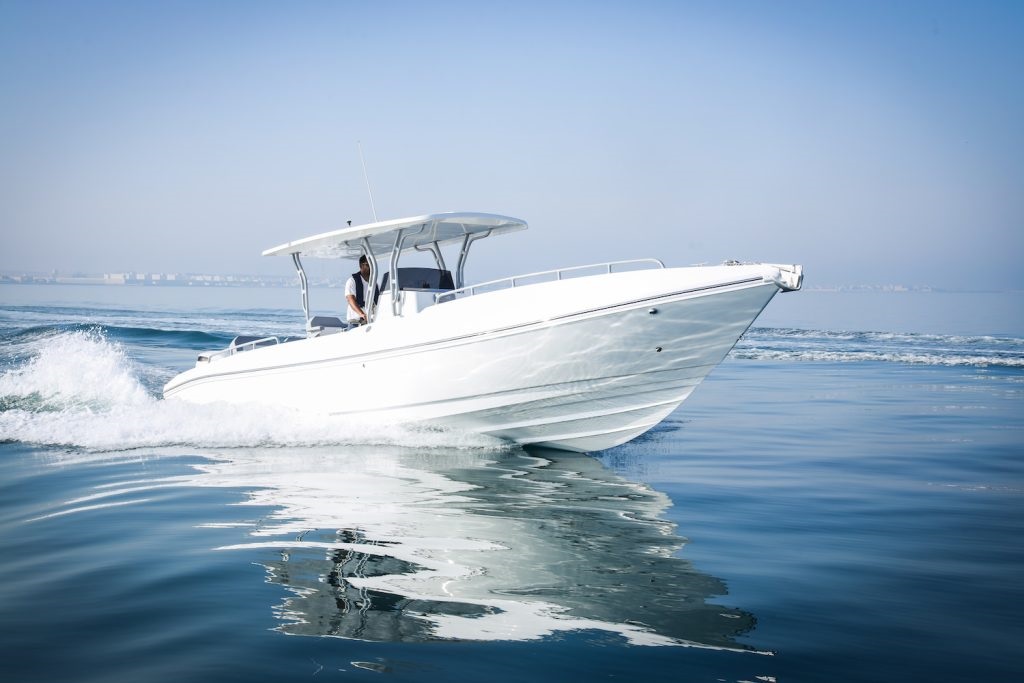Introduction to Selecting a Fishing Boat
Embarking on a fishing adventure brings a sense of freedom and connection to nature that few other hobbies offer. The serene environment, the thrill of the catch, and the camaraderie among fellow anglers make fishing a beloved pastime for many. While the allure of fishing is undeniable, the type of boat you choose can greatly affect your overall experience. Therefore, selecting the right fishing boat in the array of selections of Nitro boats for sale in the market is pivotal, whether you’re preparing for competitive fishing tournaments or just a relaxing day on the lake. Understanding the nuances of different boat types, sizes, and features ensures you make an informed decision tailored to your needs and preferences.
Understanding Different Boat Types
Fishing enthusiasts are often confronted with various choices regarding boat types, each designed to excel under specific conditions and environments. Bass boats for sale, for example, are engineered for speed and agility, making them ideal for shallow freshwater fishing where quick maneuvers are required. Their low profile and powerful motors allow anglers to reach their favorite spots swiftly. Center console boats, on the other hand, provide enhanced visibility and ample space, making them versatile for both fresh and saltwater fishing. These boats are particularly popular with those who seek a balance between functionality and comfort. More information on boat diversity can be found through the National Marine Manufacturers Association, which provides comprehensive data on boating trends and preferences.
Key Features of an Ideal Fishing Boat
An ideal fishing boat should integrate features that promote safety, efficiency, and enjoyment on the water. Stability is a primary concern, especially in choppy conditions. A stable boat ensures that casting lines and moving around does not compromise safety. In addition, ample storage is essential for organizing fishing gear, bait, and other essentials, keeping the deck clutter-free and maximizing space for movement. Maneuverability allows for navigating challenging spots and quickly adjusting to new fishing locations. Boats that seamlessly combine these features provide a robust platform for a successful and enjoyable fishing adventure.
Importance of Boat Size and Capacity
When contemplating the ideal fishing boat, size and capacity are crucial considerations that impact versatility and practicality. Smaller boats are typically easier to transport and navigate through narrow or shallow waters, making them a favored choice for personal outings or limited fishing zones. However, larger vessels offer enhanced stability and can accommodate more people and gear, proving advantageous for group outings or when carrying auxiliary fishing equipment. When choosing size, consider your typical fishing scenarios, the number of passengers, and whether you value portability over additional space.
Materials Used in Boat Construction
The material from which a boat is constructed affects its performance, durability, and maintenance requirements. Aluminum boats are particularly popular among casual anglers due to their lightweight nature, making them easy to tow and handle. Additionally, they are less expensive and highly resistant to corrosion. Conversely, while often more expensive, fiberglass boats provide a smoother ride with superior soundproofing, which can significantly enhance the onboard experience. Choosing the right material involves considering your budget, desired performance, and the environment in which the boat will predominantly operate.
Essential Boat Accessories
Outfitting your fishing boat with the right accessories is vital to expanding its potential and comfort. Fish finders are indispensable in modern fishing, providing digital displays that help locate and track fish underwater. Rod holders are also crucial, keeping poles secure and within reach while allowing for hands-free fishing. Trolling motors enable stealthy movement through fishing areas without disturbing the water. Other accessories may include GPS systems, live wells for storing fish, and canopy covers to protect against harsh weather, all contributing to a more efficient and enjoyable fishing experience.
Budget Considerations
Navigating the financial aspects of purchasing a fishing boat requires carefully examining costs versus benefits. While pursuing the cheapest options is tempting, remember that long-term value and durability are paramount. Investing in a quality boat can save money on repairs and maintenance in the long run, providing a better return on investment. Establishing a realistic budget that includes essential features and a few desirable ones ensures that the investment is both sound and satisfying.
Environmental Factors to Consider
The specific environment in which you intend to use your fishing boat greatly influences the most effective and sustainable vessel type. Saltwater fishing demands materials and boat designs resistant to rust and corrosion due to their exposure to harsher elements, while freshwater environments offer more leniency. Climatic conditions also play a role, as some boats perform better in warm weather than those that can withstand colder conditions. Understanding these environmental dimensions is crucial in choosing a boat that meets your immediate needs and promises longevity and reliability under diverse circumstances.




